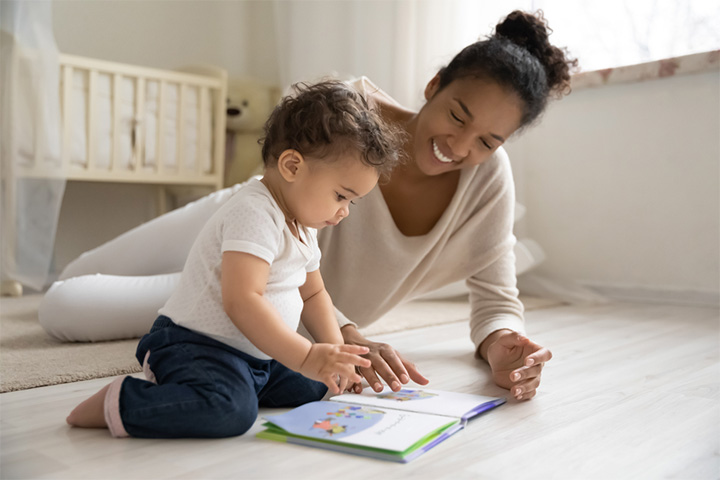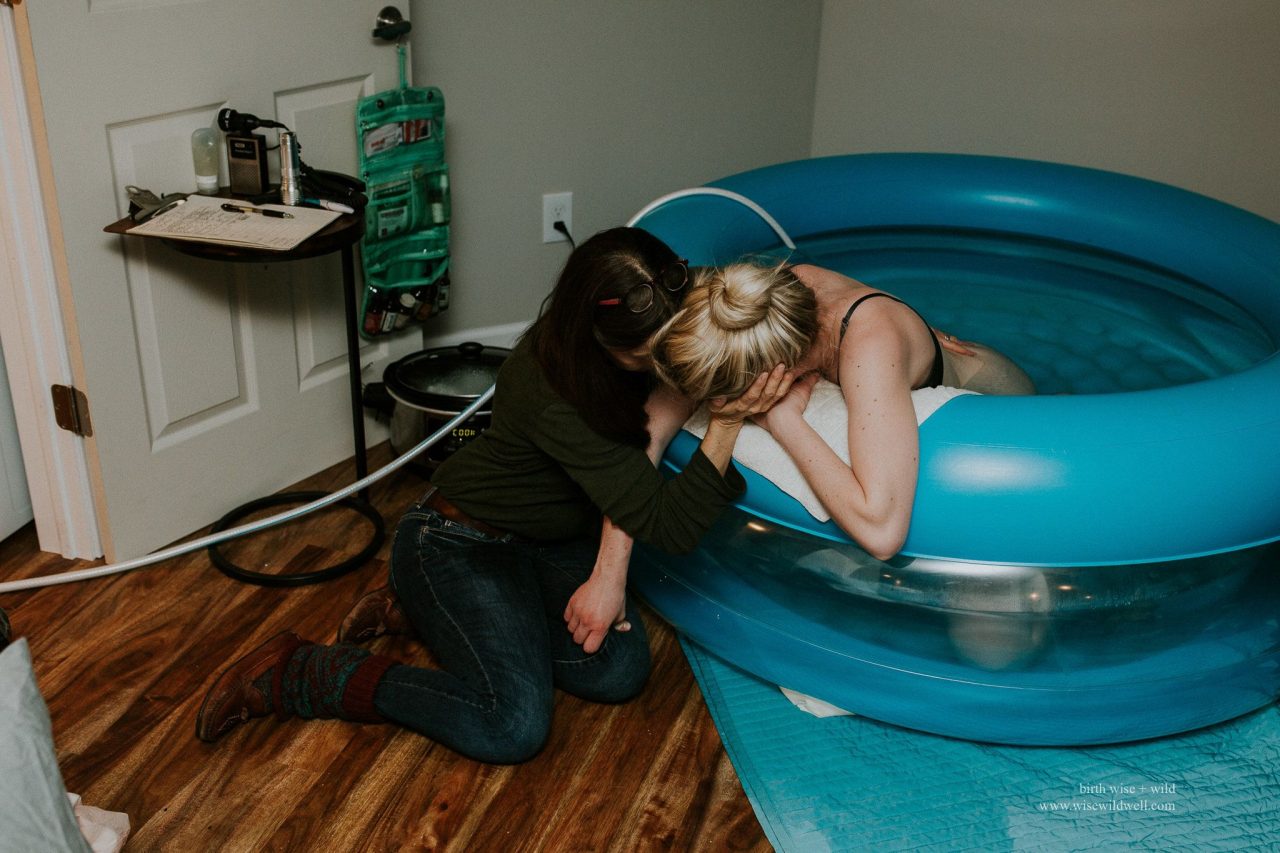Being a parent is far from being straightforward.

Image: Shutterstock
In fact, it only gets more challenging as the years go by. Bigger children have bigger questions and there’s a lot of pressure to say or do the right thing. After all, parents have a huge influence on how their children are molded and the people they become in the future. But being a wise parent isn’t as easy as it seems. Parents are people too and sometimes they need a little guidance on how to improve their parenting abilities. Raising kids may not be a simple task but there are a couple of things that parents can do in order to transition from the average parent to a wise parent for the benefit of their children. Would you like to know our tips and tricks? Read on to know them all!
1. Practice Self Care To Teach The Kids To Care For Themselves 
Image: Shutterstock
There’s a reason this is NO.1 on our list and it’s because this is the most important tip of all. One common mistake most parents make is not allocating any alone time for themselves. They stop taking their own needs into consideration the second their baby is born. We get it. Babies are a lot of work and need 24/7 care. That doesn’t mean that you don’t deserve a couple of moments to yourself. As your baby grows, they will learn from observation. You can’t expect them to put themselves first when you clearly don’t. Take some time off for your own wellbeing. It will set a good example for your kids to follow. Stressing on the importance of self care will ensure that your children take their own well being seriously.
2. Treat The Root Cause Of Problems 
Image: Shutterstock
All kids get into tiffs from time to time. If your child is exhibiting unpleasant behavioral changes or doesn’t seem to get along with anyone, deal with the source of the problem instead of doling out consequences and punishments. Ask your child why they feel the need to act out. Maybe something is deeply troubling them or maybe they feel the need to act out in order to get your attention. Whatever the case may be, there’s always a plausible explanation for their actions. So, find out the root cause of the problem and treat it instead of jumping the gun.
3. Let Them Learn By Themselves 
Image: Shutterstock
You may assume that your primarily role as parent also means that you’re their teacher but this isn’t necessarily true. Your role is to learn with your child. This doesn’t mean you can’t pass down valuable life lessons. But when it comes to learning everyday tasks, let your little one take the reins. Let them sound out the words and try to read or attempt to wash their own plate. Encourage them as they do so and lend them a helping hand if they ask. They might not get it right for a while but the important thing is that they are attempting to learn. Letting kids figure out things on their own will build self confidence and independence.
4. Don’t Teach Them What To Think, Teach Them How To Think 

Image: Shutterstock
Remember your job isn’t to give your children the answer to their problems, it’s to teach them how to search for the answer. The next time your child gets a math problem wrong, don’t yell at them. Simply tell them to think it over one more time. Help them work it out in their head. It’s okay to impart your values and beliefs to your children but they ultimately have to make up their own minds about what they choose to believe.
If your child is about to do something you disapprove of, don’t tell them not to do it. Instead ask them to think about the consequences those actions will have. For example, if your child has had enough candy and still asks for more (because you wouldn’t), remind them that they may not get a good night’s sleep and won’t be active at their play date tomorrow. Let them come to the conclusion that it’s not a good idea on their own. That way you won’t have to deal with any tantrums that follow you denying them.
5. Don’t Try To Be Faultless
Like we said, parents are people too. Which means sometimes you make mistakes. Be open and honest with your kids instead of constantly justifying your actions and trying to look like a perfect person. There is no such thing and your kids will see right through you. Instead, explain the situation to your kids and tell them how you plan on doing better next time. This will help them bond with you and respect you even more.
Being a wise parent doesn’t mean having all the answers. It is simply doing what’s best for you and your child. All parents have their highs and lows, it’s just part of the journey with your little one. Now that you have these tips in mind, you’ll have no problem doing the wise thing. Did we miss out on something on our list? Let us know in the comments section!
Source: momjunction.com








